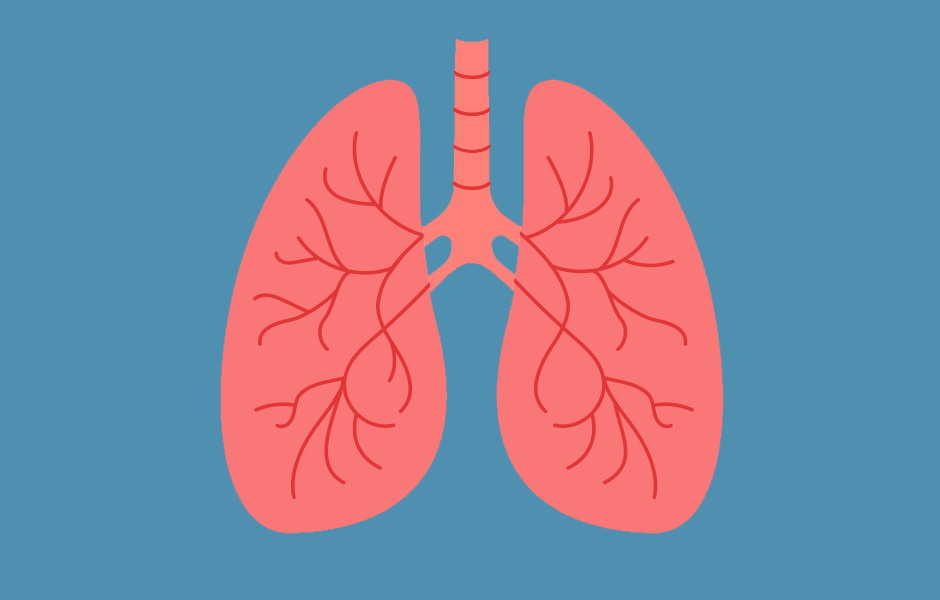Words by GOLD newsdesk
Two companies have come together to enhance the way imaging technology is used to assess treatment responses in progressive pulmonary fibrosis (PPF).
Qureight Ltd, known for its deep-learning image analytics within its core imaging laboratory and Avalyn Pharma Inc., a clinical-stage biopharmaceutical company focused on developing inhaled therapies for pulmonary diseases, have announced a strategic partnership in PPF.
The partnership will begin in Avalyn’s ongoing MIST study, a Phase 2b clinical trial investigating the efficacy of inhaled pirfenidone in people with PPF, which make it the first study of its kind to use deep learning imaging technologies.
“Given the complex nature of PPF, we’ve made it a priority to leverage cutting-edge technology to measure treatment response in our ongoing MIST study,” stated Howard Lazarus, Chief Medical Officer, Avalyn, in a press release. “This collaboration with Qureight will allow us to measure changes in fibrosis volume more sensitively while also enabling us to quantify changes across multiple compartments of the lung that we believe are also linked with disease progression.”
Qureight’s core imaging platform will assess key clinical outcome measures in the MIST trial, but there are also plans to extend the use of the platform to other Avalyn trials.
Also commenting in the press release, Dr Muhunthan Thillai, CEO, Qureight, spoke to his excitement for the future of inhaled therapies for PPF, stating: “Our mission is to redefine precision medicine through AI in clinical trials, and this aligns perfectly with that of Avalyn in delivering effective and tolerable treatments for pulmonary fibrosis patients.”
PPF is characterised by progressive scarring of the lung tissue, leading to a progressive decline in lung function, worsening symptoms and reduced quality of life with a poor prognosis. There is currently no cure for PPF.









